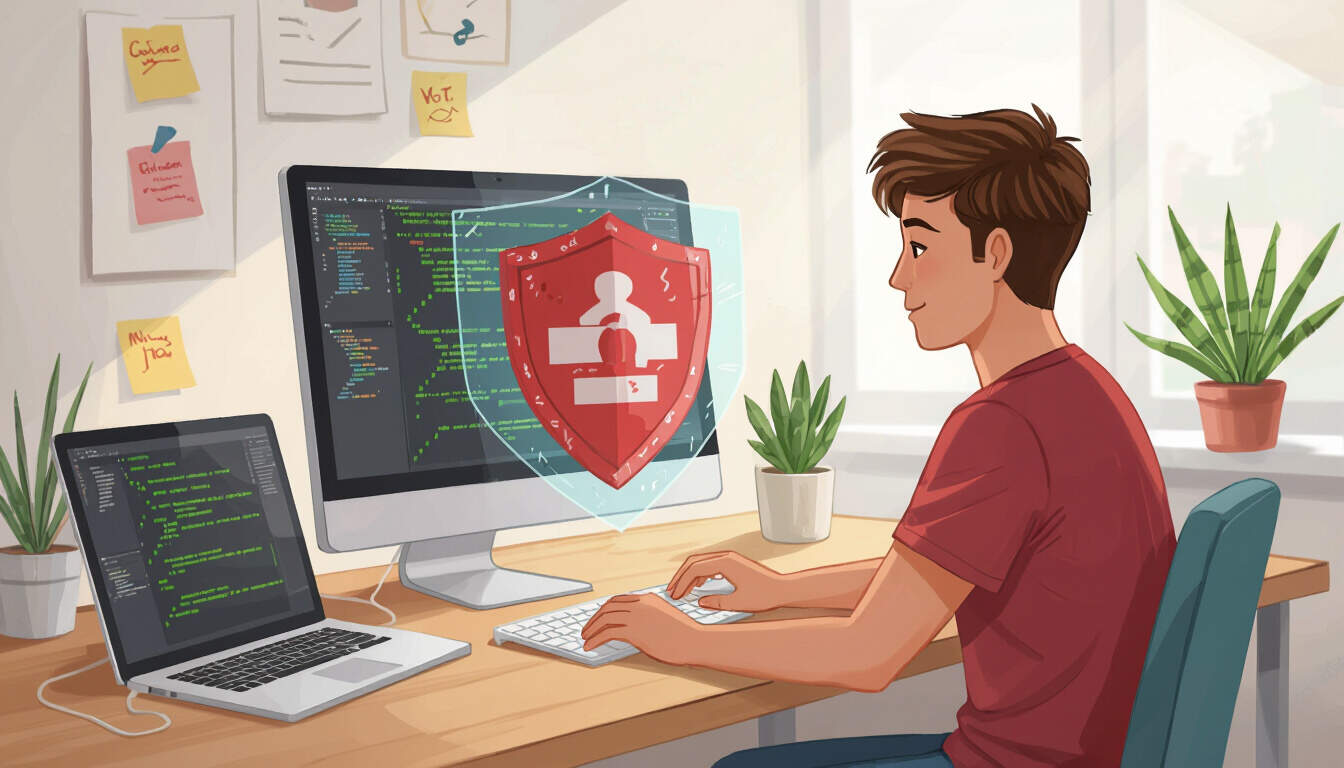Essential Password Security Practices for Freelance Web Developers
 by Marlene Keeling
by Marlene Keeling
Learn how strong password practices can protect your work as a freelance web developer. This guide covers creating secure passwords, using tools effectively, and avoiding common risks to safeguard client data and your career.

Starting out as a freelance web developer means handling sensitive information every day. Good password security is key to keeping that data safe. For instance, password security helps prevent unauthorized access to client projects.
Many beginners overlook the basics, but building habits early makes a difference. One effective way is to create passwords that are long and unique. Aim for at least 12 characters, mixing letters, numbers, and symbols. This approach reduces the chance of breaches.
Next, avoid reusing passwords across accounts. If one account gets compromised, others could follow. Instead, generate a new password for each service you use. Tools like password generators can assist here.
Consider using a password manager as part of your routine. These applications store and organize passwords securely. They often include features to check for weak or compromised passwords, which is helpful for busy freelancers.
Another important step is enabling multi-factor authentication wherever possible. This adds an extra layer by requiring a second form of verification, like a code sent to your phone. For web developers, this means better protection for tools and platforms.
Regularly updating passwords is also crucial. Change them every few months, especially after major events like a data breach. This practice keeps your accounts secure over time.
In the field of web development, you might handle login systems for clients. Always recommend strong passwords to them as well. Educating clients on these practices strengthens your professional reputation.
Be cautious with public Wi-Fi when working remotely. Use a virtual private network to encrypt your connection. This ensures that passwords and other data remain protected.
Phishing attempts are common threats. Watch for suspicious emails or links that ask for your login details. If something seems off, do not click it and verify the source first.
Common Mistakes to Avoid
Some new developers make errors that can be easily fixed. For example, using simple passwords like "123456" is risky. Opt for complexity to enhance safety.
Another mistake is sharing passwords with colleagues. Even in collaborative projects, keep passwords private and use shared access methods instead.
Tools and Resources
There are several reliable options for managing passwords. Popular choices include apps that offer encryption and auto-fill features. Experiment with a few to find what works best for your workflow.
For web developers, integrating security into your projects is essential. When building websites, implement secure password hashing to protect user data.
Building a Secure Habit
Making security a daily part of your work leads to long-term benefits. Start by auditing your current passwords and improving them as needed. This proactive step can prevent future issues.
As you grow in your career, sharing these tips with peers can help the community. Remember, freelance web development thrives on trust, and strong security builds that trust.
In summary, adopting these practices not only protects your work but also boosts your confidence. With consistent effort, you can handle the demands of freelancing more effectively.
